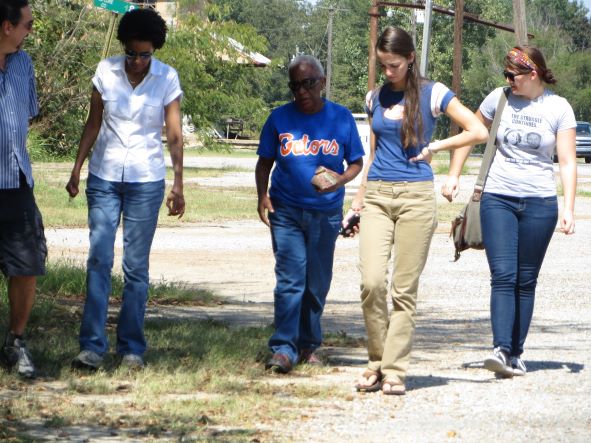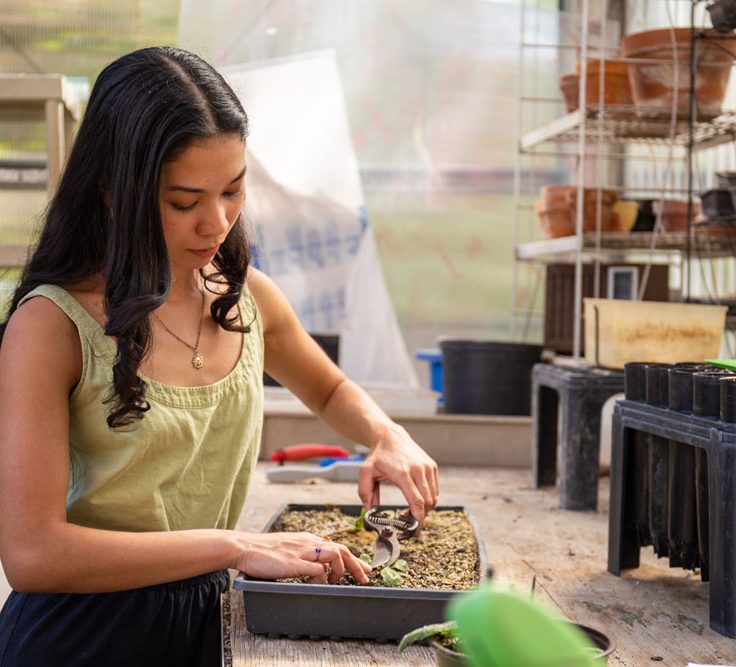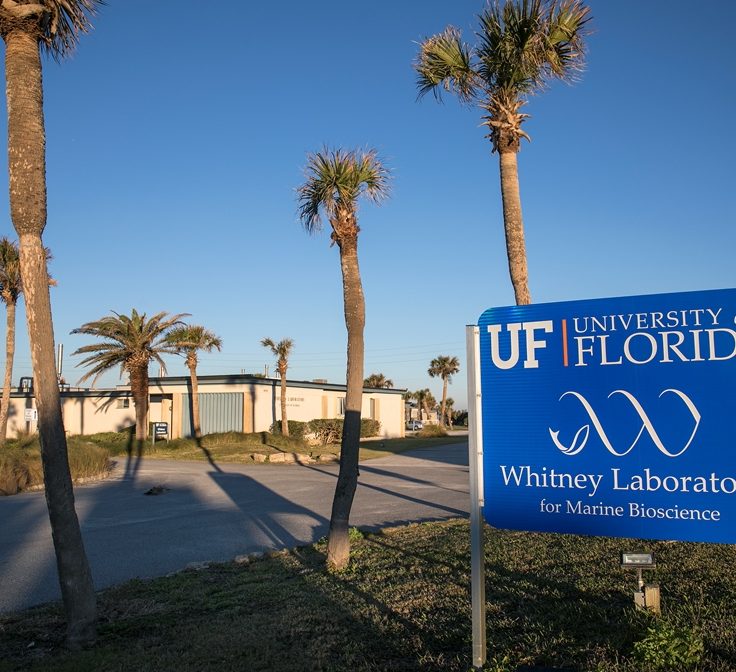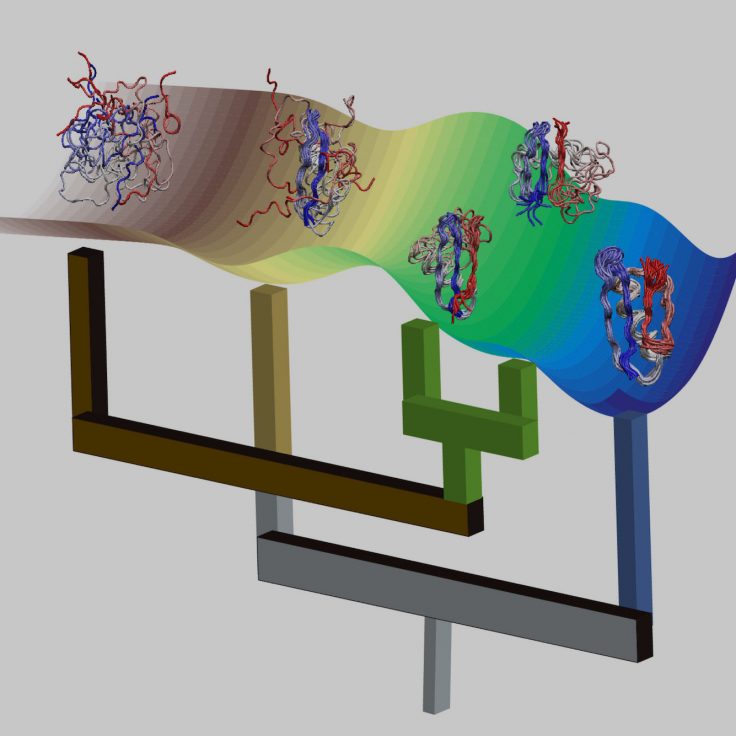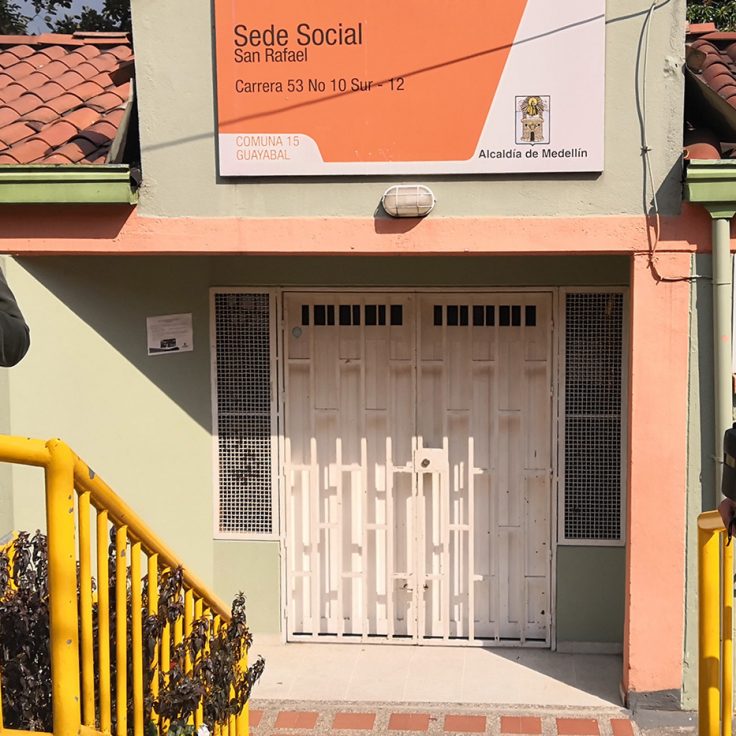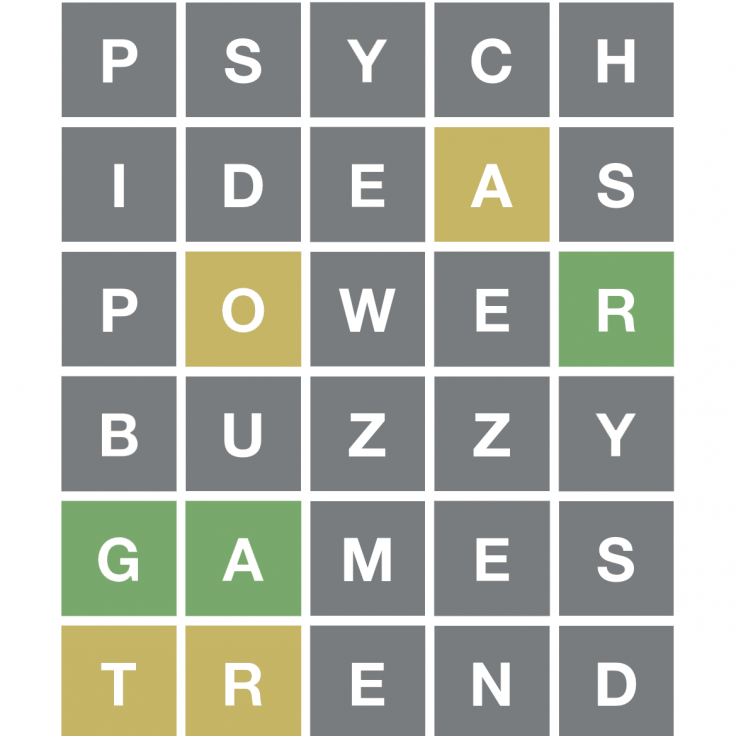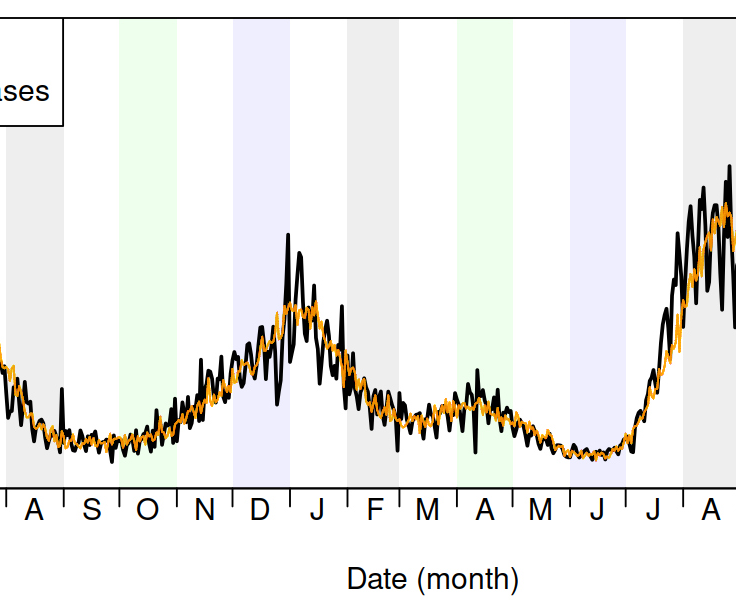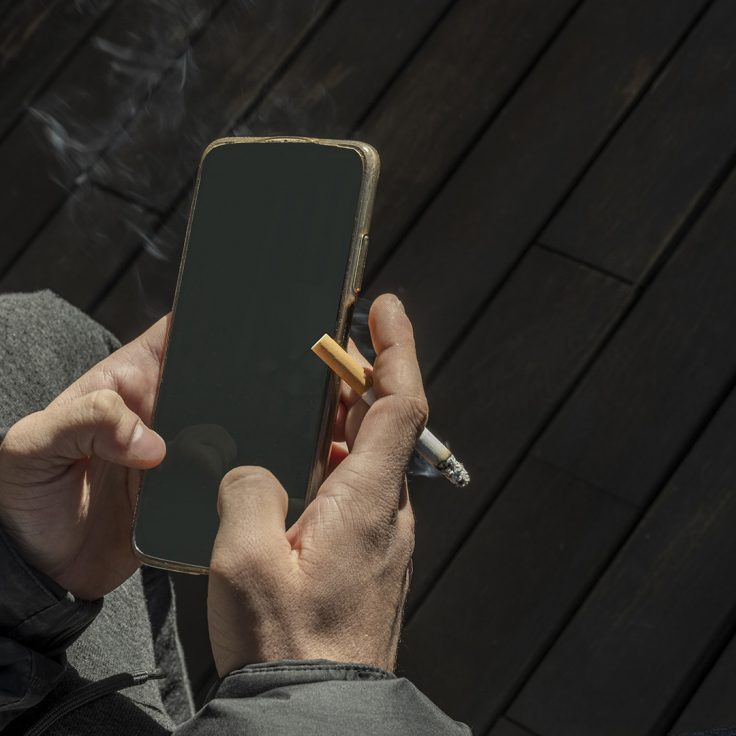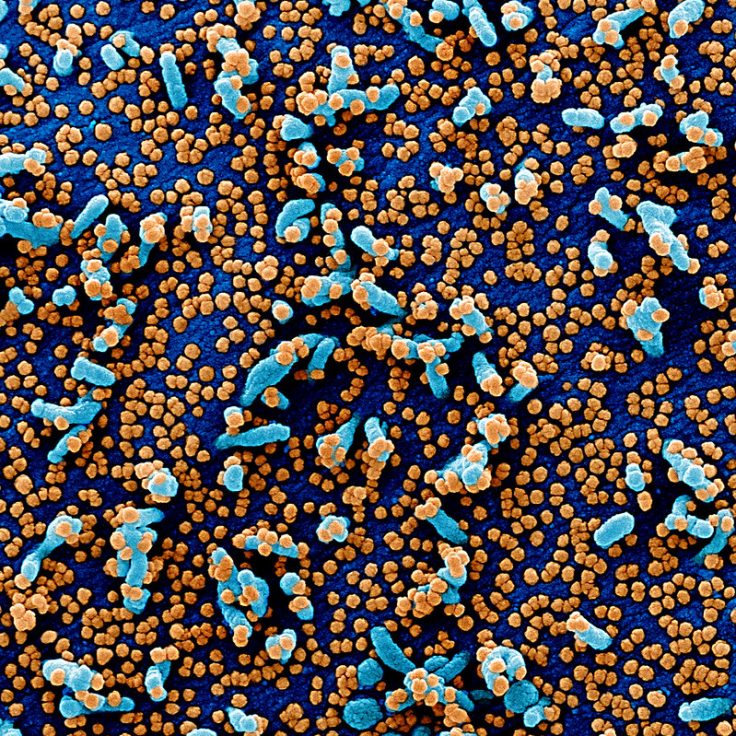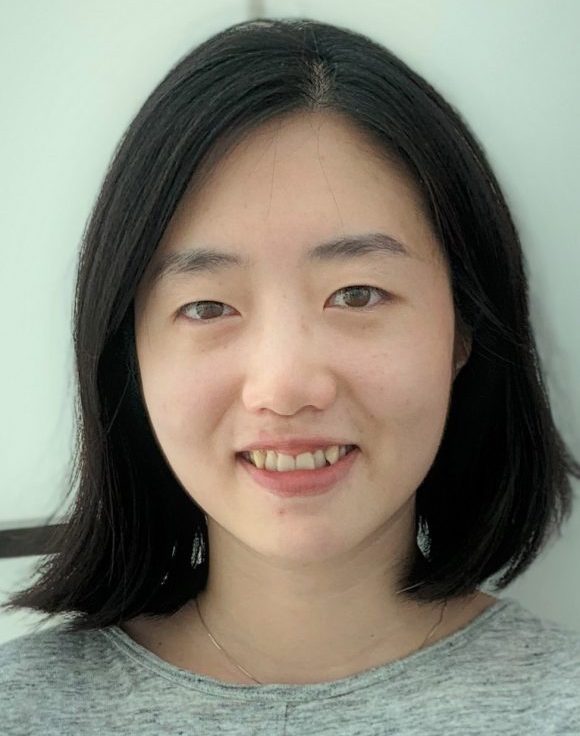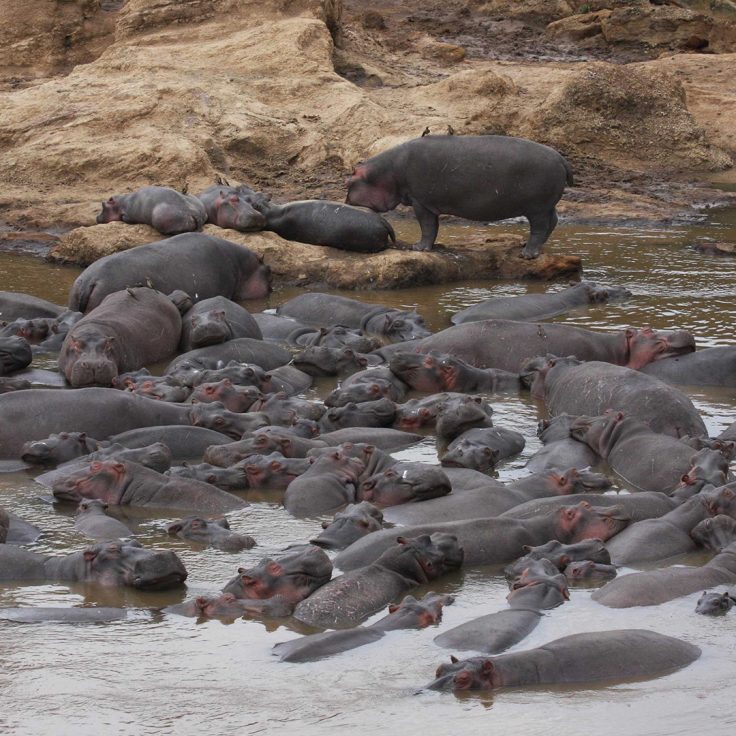Research News
UF Ecologist Robert D. Holt Elected to the National Academy of Sciences
Holt's election to one of the nation's most prestigious academies is a testament to his scientific impact.
Aging and fake news: It’s not the story you think it is
A new study has found that older adults are no more likely to fall for fake news than younger adults, with age-related susceptibility to deceptive news evident only among those categorized as the “oldest old.”
Sharing the experiences of African American elders
CLAS faculty are using AI to make Joel Buchanan Archive of African American Oral History more accessible.
Sharing the experiences of African American elders
CLAS faculty are using AI to make Joel Buchanan Archive of African American Oral History more accessible.
Pushy plants? Student discovery ‘adds new dimension to plant biology’
Mathematics and botany senior Camille Sicangco found that a local plant, the tall elephant's foot, exerts force on its own, not just in response to external forces such as climate and soil.
Native Voices: Oral Histories Help Preserve Indigenous Heritage
Looking back on Samuel Proctor's essential work interviewing indigenous people across the southeastern United States.
Native Voices: Oral Histories Help Preserve Indigenous Heritage
Looking back on Samuel Proctor's essential work interviewing indigenous people across the southeastern United States.
Researchers evaluate how to improve dignity for seriously ill patients
Susan Bluck of the Department of Psychology is studying how telling one's life story can help those confronting serious illness.
The New Big Dig: UF Researchers Help Government Engineers Cooperate with Nature
Peter N. Adams of the Department of Geological Sciences is part of a team using natural features to benefit ecosystems.
UF scientists study translucent sea creatures to understand early brains
A $1.5 million grant will allow biology researchers at the Whitney Lab to better understand the brains and nervous systems of animals and humans by studying gelatinous ocean comb jellies.
Using AI, UF Chemists Chart Molecules’ Most Important Shapes
New algorithms reveal which molecular states matter most for disease progression and drug design.
Study Finds Community Policing Falls Short in the Global South
Sociologist Rebecca Hanson, alongside a research team spanning the Global South, finds that community policing strategies don't deliver the anticipated results.
Studying glaciers . . . from Florida
Mickey MacKie, professor in the Department of Geological Sciences, is using machine learning to better understand the movement and melting of glaciers.
Study Finds Community Policing Falls Short in the Global South
Sociologist Rebecca Hanson, alongside a research team spanning the Global South, finds that community policing strategies don't deliver the anticipated results.
Why we love Wordle, according to science
Matt Baldwin of the Department of Psychology explains why we're so obsessed with the word game.
UF Researchers Project Omicron Wave in Florida
Researchers in the Department of Biology and their collaborators look ahead to the omicron variant's spread in Florida.
New Study Asks Which Smartphone Treatments Best Help Smokers Quit
Psychology professor Jesse Dallery aims to identify the best smartphone applications for smoking cessation.
Predicting Zoonotic Pandemics
Professor Sadie Ryan collaborated on research examining tools that try to anticipate which wildlife pathogens might affect people.
Prof. Xiao-Xiao Zhang Receives National Science Foundation CAREER Award
Xiao-Xiao Zhang, assistant professor in the UF Department of Physics, was awarded the prestigious NSF grant to further her research.
Hippos’ Constant Defecating Turns African Pools into Communal Guts
Researchers propose the concept of a "meta-gut" to demonstrate the ability of animal intestinal bacteria to alter their environments.


